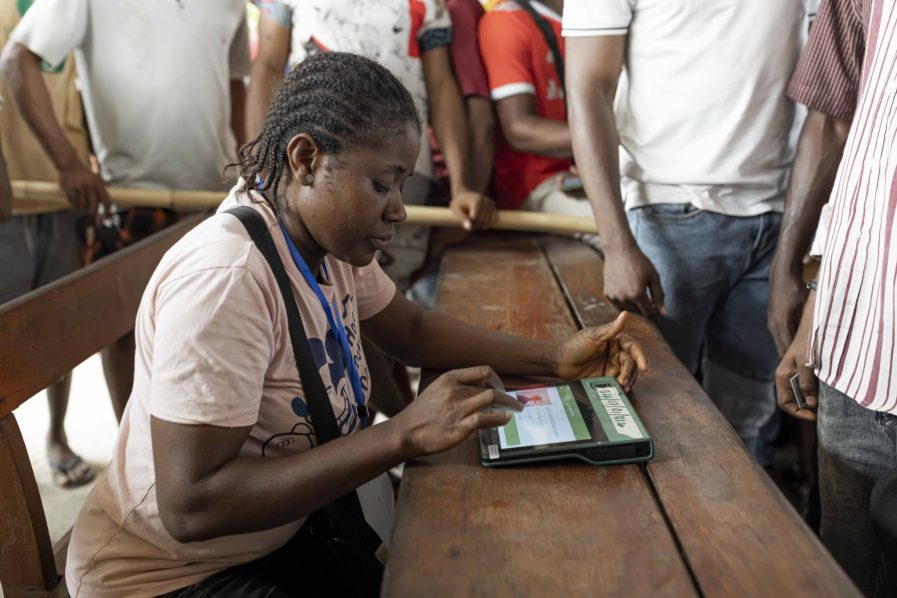
GO to Court, a new report by a non-governmental organisation, Spaces for Change (S4C), is an invitation to the judiciary to consider its very important role in safeguarding Nigeria’s democracy and preserving civic life during and beyond elections.
Vice President for Africa Luminate, Toyin Akinniyi, stated this, yesterday, while reviewing the report put together to x-ray the judiciary’s attitude to the petitions dogging the 2023 general election.
Akinniyi explained that Go to Court is a fact-finding mission of understanding how the Nigerian judiciary either expanded or contracted the civic space during the 2023 electoral cycle.
Akinnoyo said: “The civic space is as healthy as the government, the citizens, the civil society and all the institutions and stakeholders allow it to be. This report is an invitation to the judiciary to consider its very important role in safeguarding Nigeria’s democracy and preserving civic life during and beyond elections.”
S4C said the report, which received the support of Luminate Foundation, provides a series of critical recommendations for the preservation of the civic space during and beyond electoral cycles.
A statement from the organisation revealed that the report has a blend of different forms of expertise from several sectors.
The statement signed by the Executive Director, S4C, Victoria Ibezim-Ohaeri, read: “This research benefited from the contributions of a diverse of group of experts, analysts and teams within and beyond the organisation that worked together to unravel newer forms of constraints on civil society, while exploring new pathways for transformative civic action.
“The way electoral disputes between persons or between government, or authority and persons, are handled is an important indicator of the court’s role in preventing or enabling the repression of civic space during the 2023 elections.”
According to S4C, conflicting court judgments also slow down the expeditious delivery of justice by increasing the number of cases requiring appellate consideration.
The report also made far-reaching recommendations for various levels of stakeholders to consider implementing in expanding the civic space.
It recommended the amendment of electoral laws, full adoption of electoral technology, independence of electoral institutions, swift resolution of election-related disputes, independent monitoring and reporting.






